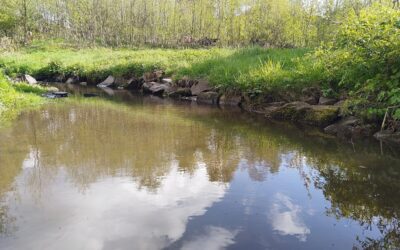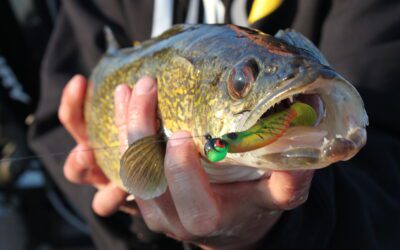One of the first GameKeeper tasks after duck season is to clean out your wood duck boxes and replace the old shavings with new. Cedar shavings are easy to find, they are not very expensive and one 20-pound bag will freshen approximately 15 boxes.
While it’s still cold it’s safe to reach in and clean out the boxes, which can be home to giant wasp nests and even the occasional egg eating snake (if you don’t have predator guards). One trick I’ve learned is to stick my cell phone camera in and take a picture before reaching into the unknown.
Across the wood duck’s range, natural nesting sites are becoming harder to come by. These beautiful ducks nest in cavities found in wetland environments and by assisting them with a well-designed duck box you can help nature and make your hunting better. But it’s imperative that you clean them out annually and refresh the nesting material. Once you start you must continue and every few years expand and add a few new boxes.
Wood ducks are a real conservation success story. At the turn of the century “woodies” were almost extinct. But today, through proper management, the populations are higher than ever. In Mississippi, we were recently allowed to harvest three woodies per day. Who doesn’t love to hear them whistle through the decoys at daylight? The drake’s colorful head sparks conversation of awe and appreciation inside the blind with each bird bagged.
Set up a few wood duck boxes when you can and plan ahead for next year. When a hen decides to call it home, it’ll make you proud.
For tips on building your own Wood Duck box, read “Four Keys to Successful Wood Duck Boxes.” With the increase of urbanization and short-term timber harvesting, natural wood duck nesting habitat is decreasing. Most timber stands are currently managed for the quickest return possible. Therefore, old growth, mature hardwoods, which provided cavities for nesting, are decreasing. So what can we do about this decline?
|








0 Comments